Physics is the science of how nature works at the most fundamental level, from the smallest blocks of matter and the fundamental forces, to the largest structures in the universe. Physics uses mathematics to describe experimental results, which in turn confirm or refute the theories presented. Theories can be used to make new predictions, e.g., the properties of newly developed materials. Physics is often the basis for new inventions, such as the refrigerator, the transistor, and the tv.
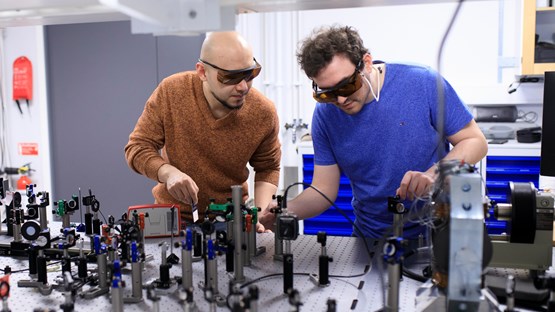
His research lays the foundation for the light-operated and energy-efficient computers of the future.
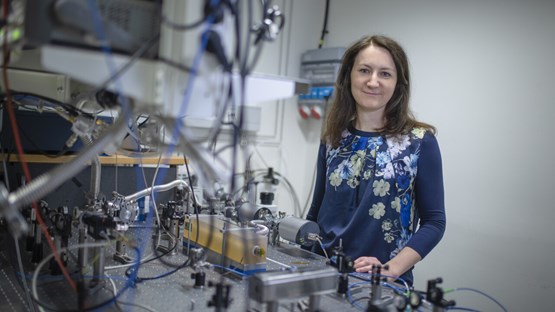
As a young woman in Poland, Aleksandra Foltynowicz broke the norms when she followed her passion for physics.
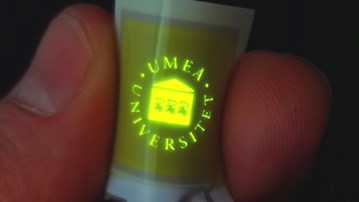
A new method for measuring efficiency losses gives a breakthrough in the development of new light sources.
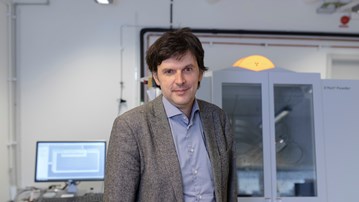
Produces significantly fewer defects compared to the most commonly used method today.

STINT-funded research collaboration with Inha University researchers begins with a visit to Incheon, Korea

Nicolò Maccaferri wants to create hard drives that work like 'time machines'.

Ferenc Krausz's advice to young researchers: "Find the right question for yourself."
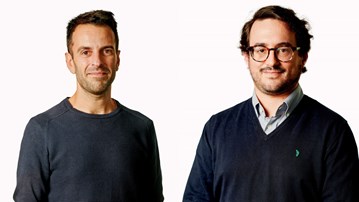
Nicolò Maccaferri and André Mateus have been appointed Wallenberg Academy Fellows.

By pressure cooking birch leaves scientists obtained carbon particles for use in organic semiconductors.

Accurate measuring is crucial when for example dosing medicines and handling dangerous gases.
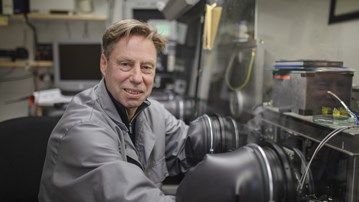
Receives the prestigious ERC Advanced Grant for his research on the technology behind a flexible light source.

Pine cones can be a cheap raw material for supercapacitors, according to a new thesis.
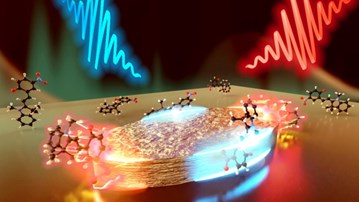
Umeå researchers publish study on what causes polaritons (a light-matter mixture) to collapse.

The Swedish Research Council investigates millions in ground-breaking research environments.